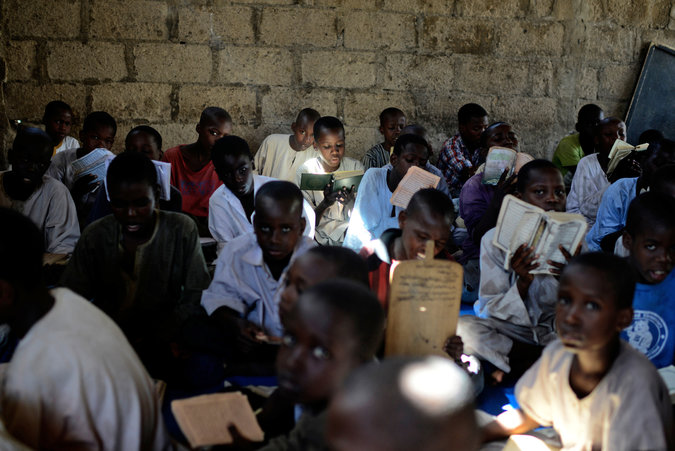Breaking News
“Don’t tell a Muslim to do family planning because of poverty” – Emir of Shonga

Emir of Shonga in Kwara State, HRH (Dr.) Haliru Yahaya, has said that, using poverty as a narrative to ask muslims to adopt family planning will not succeed.
On the low-level adoption of family planning and child-spacing practices in the North, the Emir blamed the strategy used in communicating the ideas to families in the region.
He stated this at the 7th Annual Population Lecture Series organised by the National Population Commission on Tuesday in Abuja.
Where he said, “Don’t tell a Muslim to do family planning because of poverty. You will lose him. That means the strategy for getting the North to adopt family planning must change.”
He went on to blame the North’s resistance to the Child Rights Act on the 18yrs cut-off age set for girls to become marriageable by the law. He said the region feels it is being gagged by that legal provision.
The royal father, who chaired the occasion, said: “You hear the North is resisting the Child Rights Act. Only two out of 19 states and the FCT have signed it in Northern Nigeria.
The Emir said, the reason Northern states are refusing to domesticate the Act has “to do with the 18yrs qualification for girls to become marriageable captured in it”. He continued, “The moment the North thinks it is being gagged, it jumps out of the idea. The implication is that all the other beautiful things in the law become meaningless”.
He added, “So, why don’t we look at the issue of the age for girls to qualify for marriage, and do something about it? My take in that is this: 18 years is an arbitrary cut-off age informed by many factors.
“Adulthood, ease of bearing children, and body size can be informed by age. So, 18yrs looks good but it is not absolute cut-off age, because it is true that a child of 14, 15, or 16 years can have a baby easily” he noted.
“That’s why, we in the North, are thinking that the best antidote to the current situation is to focus on, and ensure compulsory education of the child to secondary level.” he concluded.


